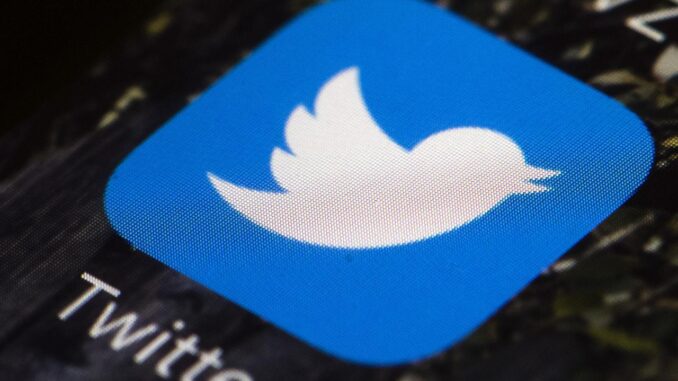
SYDNEY, Australia — Places, where there’s a lot of misogynistic tweeting, are also likely to have many domestic violence cases, a new Australian study has found.
The connection to domestic and family violence can be made despite the presence of alcohol and inequality, as per the study conducted by the University of New South Wales (UNSW), published in the journal Psychological Science.
“We found that misogynistic social media may not be harmless. It contributes to norms of violence toward women and a hostile worldview that may slip into real-world violence. I imagine a lot of people are fairly flippant about what is posted on social media,” said Tom Denson from the UNSW School of Psychology.
Examples of misogynistic tweets identified by the researchers included, ‘Women are all bitches’, ‘Whore had it coming’, and ‘Make me a sandwich, slut’.
This study suggests caution about posting misogynistic hate speech as even if the person who posts is not violent, such posts seem to create an atmosphere where violence toward women may be more likely.
The UNSW study is the first to use big data to predict domestic violence from misogynistic tweets across two years.
“There is a growing interest in using big data to help address social problems such as criminality,” Denson said.
The research team compiled data reported by local law enforcement agencies in the US to the Federal Bureau of Investigation on domestic and family violence arrests over two years from 2013 to 2014.
They also collected data on several population-level factors known to influence domestic and family violence, such as the availability of alcohol, income inequality, gender inequality, and population size.
“We then collected Twitter data from 2013-2014,” Denson said.
“We coded those tweets for misogynistic content using automated methods and used a geolocation algorithm to locate the origin of the tweets, which we were able to do with a pretty high degree of spatial specificity based on US Census Bureau defined areas.”
The researchers ended up with tweets from 827 areas in 47 American states.
“We then combined the data sets and used the number of misogynistic tweets in each area to examine the relationship between misogynistic tweets and domestic and family violence arrests while controlling for things like alcohol availability, population, and inequality.”
Siobhan O’Dean, the study’s co-author claims, the research is part of a growing number of studies examining the extent to which social media can be used to learn more about criminal offending.
“That information could be useful for not only law enforcement but also public health interventions which may intervene to counteract norms of misogynistic violence,” said O’Dean.
(Edited by Vaibhav Vishwanath Pawar and Pallavi Mehra)
The post Not So Tweet: How Misogynistic Social Media Can Predict Domestic Violence appeared first on Zenger News.
